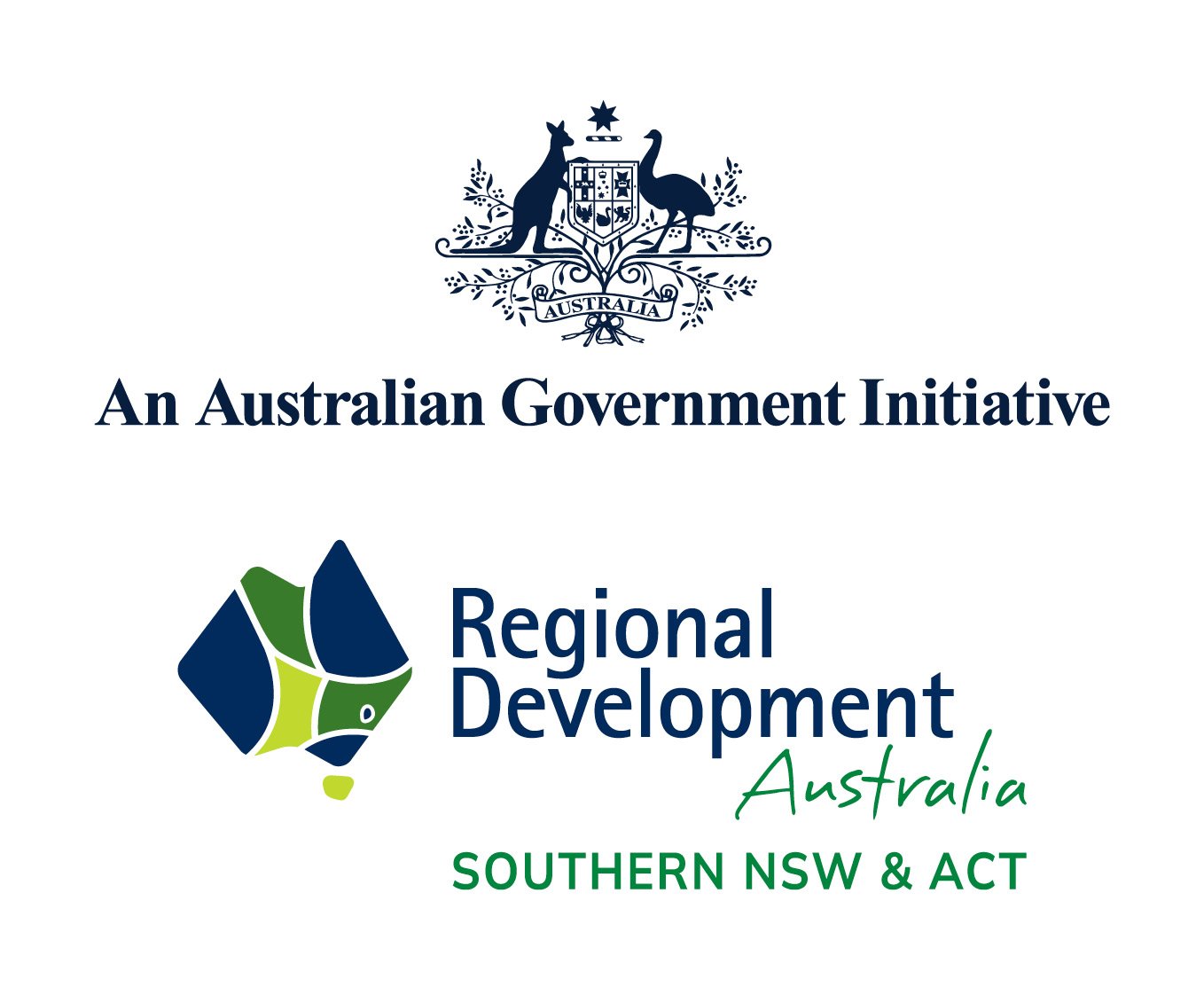Federal Budget 2021 – 2022 Business Analysis
A Budget for business led economic recovery: The Federal Treasurer has charted a fresh fiscal course, with an improved economic outlook, a relentless focus on jobs and clear support for business and sectors doing it tough. This year’s deficit will reach $161 billion – $52.7 lower than was predicted just 6 months ago.
Continued fiscal support until “unemployment has a four in front of it”: the Budget surpassed Business NSW’s call for fiscal support until the unemployment rate is returned to below 6 per cent, setting a target for unemployment under 5 per cent. There remains considerable spare capacity in the economy and tonight’s measures are configured to boost jobs and increase economic activity.
Business is central to recovery: with continued investment incentives, skills initiatives, direct support for employers, business tax cuts and strategies to boost our manufacturing sector. Businesses will also benefit indirectly from personal income tax cuts, infrastructure spending and fiscal support to boost public demand.
Skills the key to recovery: Almost every major announcement in the Budget will be constrained by critical skills shortages in many of the industries targeted in the Budget including Health, Aged Care, Childcare, Construction. To address this, the Government has extended the JobTrainer Scheme, allocated training places for the Aged Care sector and extended the Boosting Apprentice Commencements (BAC) subsidy to 31 March 2022. Of note, international borders are not expected to reopen until at least mid-2022.
An economy still under a cloud: For all the Treasurer’s positivity, the Australian economy remains overshadowed by Covid-19. While a further $1.9 billion has been allocated for the roll out of vaccines, improvements to quarantine and vaccination programs are still necessary to reintegrate Australia into the global economy.
Infrastructure pipeline fully stocked, but workers in short supply: The Budget has added $15.6 billion in major infrastructure commitments – a $110 billion pipeline over the next decade, with upgrades to Newcastle Airport and a new tunnel under the Blue Mountains highlighting the announcements. However, even prior to Covid-19, skills shortages were a major constraint on infrastructure development. Re-opening international borders and re-skilling the economy are essential to deliver the Government’s ambitions.
Missing in action: The wait goes on for key business priorities including Commonwealth support for reforming payroll tax, stamp duty, and the industrial relations system.
May 13th, 2021
